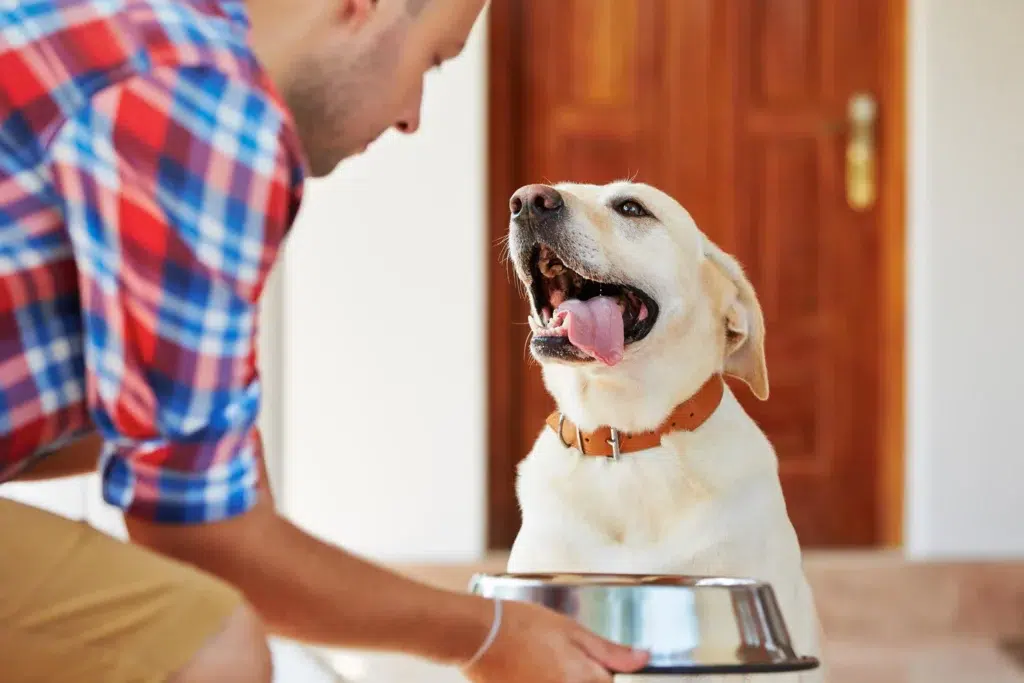As a pet owner, it’s understandable to want to share your favorite foods with your four-legged companion. not all human foods are safe for dogs, and one common question is whether dogs can safely consume honey mustard. In this article, we’ll explore the ingredients in honey mustard, the potential risks for dogs, and the best practices for keeping your pet safe and healthy.
Understanding Honey Mustard Ingredients
Honey mustard is a popular condiment that combines two main ingredients: honey and mustard. While both are generally safe for human consumption, they can pose risks to dogs when combined or consumed in large quantities.
- Honey: This natural sweetener is safe for dogs in small amounts. However, it’s high in sugar, which can lead to weight gain, dental issues, and even diabetes if consumed frequently.
- Mustard: The primary ingredient in mustard is mustard seeds, which can be harmful to dogs. Mustard seeds contain compounds that can irritate a dog’s digestive system, leading to vomiting, diarrhea, and other gastrointestinal issues.

In addition to honey and mustard, commercial honey mustard may contain other ingredients such as vinegar, salt, and various preservatives, which can also be harmful to dogs.
The Dangers of Giving Honey Mustard to Dogs
Feeding honey mustard to dogs can lead to several health issues. Some of the potential risks include:
- Gastrointestinal Upset: The mustard in honey mustard can cause irritation in a dog’s stomach, leading to symptoms like vomiting, diarrhea, and abdominal pain.
- High Sugar Content: Honey mustard’s high sugar content can contribute to obesity, dental problems, and even diabetes in dogs if consumed regularly.
- Salt and Preservatives: Many honey mustard recipes and store-bought versions contain added salt and preservatives, which can be toxic to dogs. High salt intake can lead to sodium ion poisoning, which is a serious condition that requires immediate veterinary attention.
What to Do If Your Dog Eats Honey Mustard
If your dog accidentally consumes a small amount of honey mustard, monitor them closely for any signs of distress, such as vomiting, diarrhea, or lethargy. In most cases, a small amount is unlikely to cause severe harm, but it’s always best to err on the side of caution.
If your dog shows any signs of illness after consuming honey mustard, or if they have eaten a large amount, contact your veterinarian immediately for advice.
Safe Alternatives to Honey Mustard
If you’re looking to give your dog a treat, consider these safe alternatives instead:
- Plain Cooked Vegetables: Carrots, green beans, and sweet potatoes are healthy and safe options for dogs.
- Fruits: Apples (without seeds), blueberries, and watermelon (without seeds) are great for dogs in moderation.
- Dog-Specific Treats: There are many commercial dog treats available that are formulated to be safe and healthy for your pet.
Conclusion
While honey mustard may be a delicious condiment for humans, it’s not a safe or healthy option for dogs. The combination of mustard, high sugar content, and added preservatives can lead to various health issues, ranging from gastrointestinal upset to more serious conditions like sodium ion poisoning. And also find more information about pet cares on Cooper Pet Cares.
As a responsible pet owner, it’s essential to be aware of the foods that can harm your dog and to offer them safe and nutritious alternatives. If you’re ever unsure about whether a food is safe for your dog, it’s always best to consult with your veterinarian.
